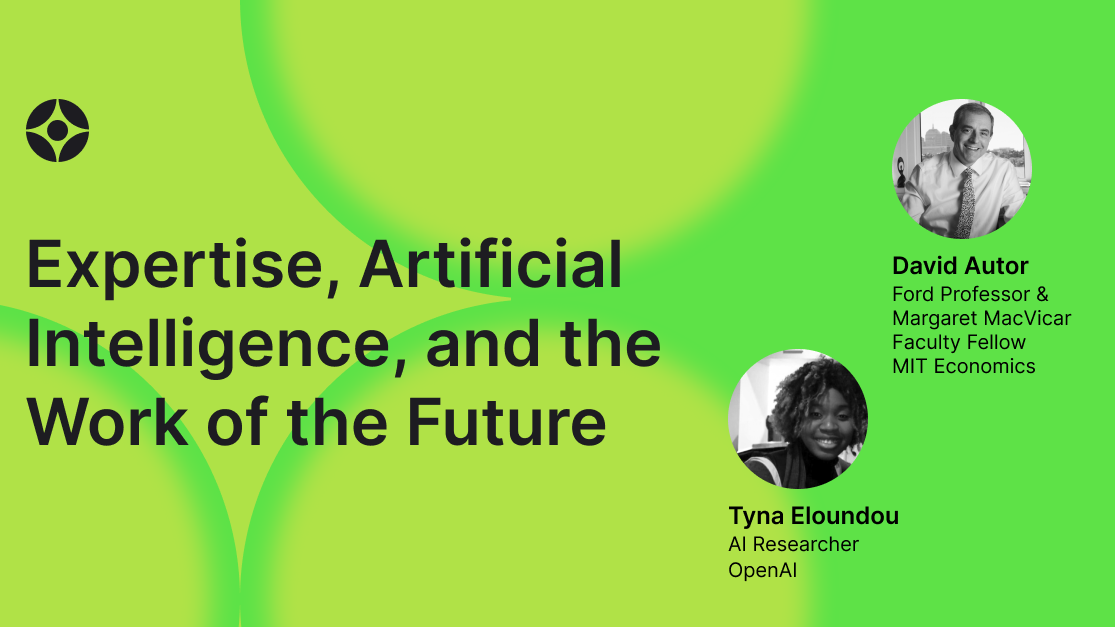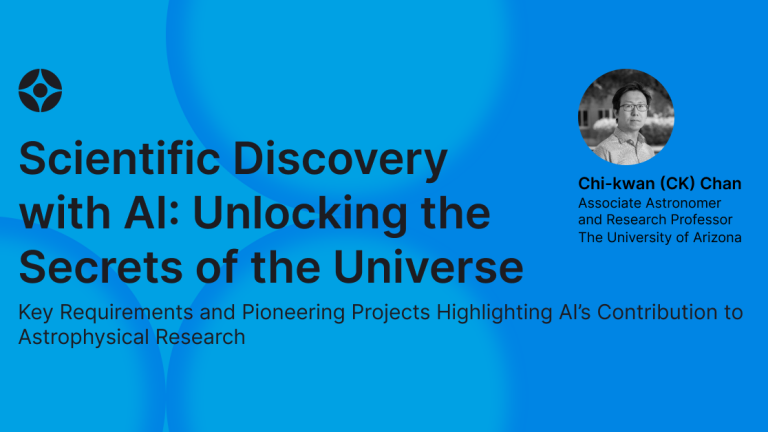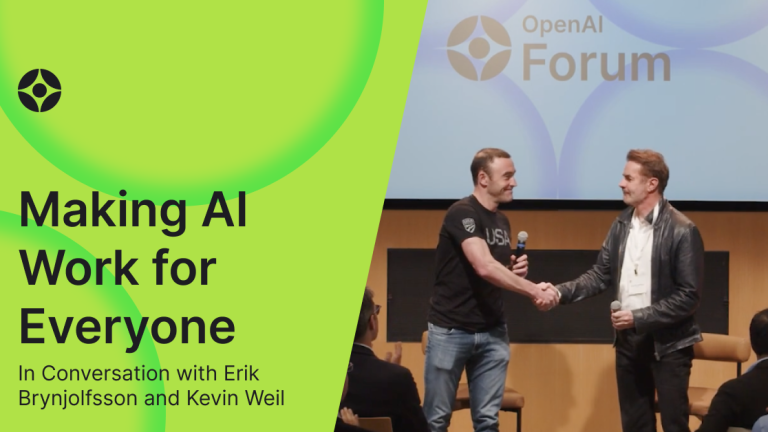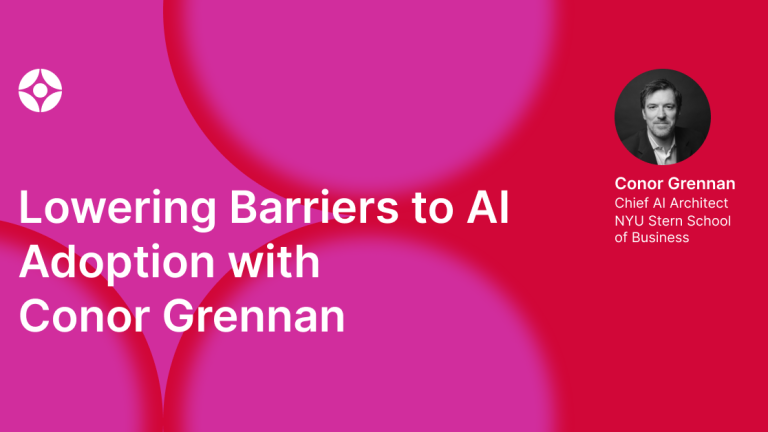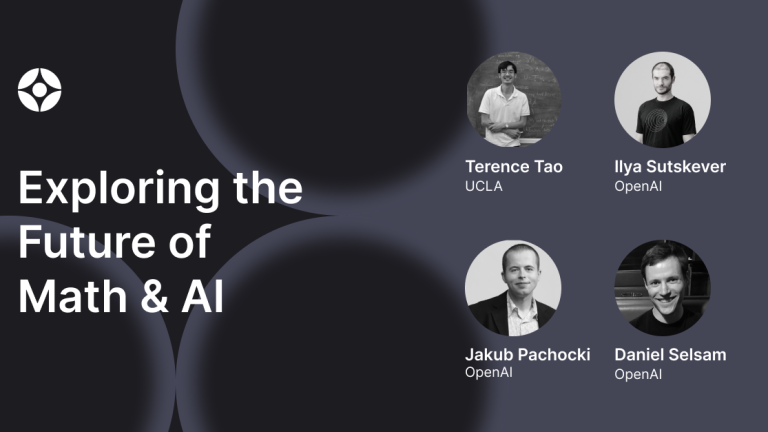Discovering Tomorrow’s Workplace: Insights from David Autor on AI and Professional Skillsets
Key Takeaways
Creating Value through the Rarity of Expertise: In today’s economy, the value of expertise is not just about its social importance but is heavily influenced by its scarcity. Occupations that require specialized skills, such as air traffic controllers, command high salaries due to the limited number of qualified individuals. On the other hand, roles requiring less specialized skills, like crossing guards, typically receive lower compensation. This scarcity ensures that expertise retains its market value, regardless of the overall social significance of the job.
The Dual Impact of AI on Expertise: AI’s effects on the value of human expertise can be either positive or negative, greatly depending on its implementation in the workplace. When AI is used to automate expert tasks, there is a risk of devaluing that expertise by making it more commonplace. Conversely, if AI is leveraged to enhance human abilities, it can substantially improve worker performance, allowing them to tackle more complex and valuable responsibilities.
Insights from Past Technological Revolutions: Autor draws compelling comparisons between the current AI revolution and previous technological shifts, such as the Industrial and Computer Revolutions, which transformed the labor market by reducing the demand for traditional artisan and routine skills. These transitions highlight how constantly evolving technology shapes the nature of expertise that is considered valuable in the workforce.
The Job Creation vs. Job Loss Paradox with AI: While many express concerns about AI leading to job losses, Autor argues that, similar to past technological advancements, AI holds the promise of creating entirely new job opportunities. The challenge lies in managing the transitional phase effectively to help workers adapt and seamlessly enter newly formed positions influenced by AI innovations.
AI as an Enhancer of Expertise: Rather than simply replacing human jobs, AI can be a potent tool for enhancing human capabilities. In sectors like healthcare, for instance, AI can support diagnostic processes, enabling professionals to make informed decisions and manage more complex cases. This collaborative relationship could democratize expertise, allowing less specialized workers to undertake advanced tasks thanks to AI assistance.
The Importance of Thoughtful AI Design: Autor stresses that the impact of AI on labor markets is highly dependent on its design and implementation. It is essential for governments, businesses, and educational institutions to strategize intentionally to ensure that AI enhances job satisfaction and refines expertise. Poorly designed AI systems may lead to the commodification of labor, while well-executed systems can foster human creativity and productivity.
Extended Summary
In his compelling presentation, Expertise, Artificial Intelligence, and the Work of the Future, MIT Professor David Autor examines the crucial role of expertise in the contemporary knowledge-based economy and discusses the transformative potential of AI in reshaping this environment. Autor argues that expertise—specialized knowledge necessary for performing specific tasks—gains its economic value from its scarcity. He illustrates this point by comparing diverse roles such as crossing guards and air traffic controllers, showing how a limited supply of specialized knowledge directly affects market value. Furthermore, he explores AI’s ability to be a game-changer that can either lower the worth of expertise through commodification or enhance it by augmenting human skills.
Autor places AI within the historical context of past technological revolutions, drawing parallels with the Industrial and Computer Revolutions that dramatically transformed labor market dynamics. The industrial era marked the decline of artisanal expertise due to mass production, shifting skilled labor into fragmented and lower-tier positions. Similarly, advancements during the computer age brought about automation, replacing jobs traditionally held by skilled individuals with machine-operated routine tasks. These significant changes resulted in a dual-tier job market, marked by increasing unpredictability in low-skill jobs while high-skill roles experienced growth.
Regarding the implications of AI on the labor market, Autor asserts that the outcomes largely depend on how this technology is crafted and integrated. AI can either undermine human expertise by taking over intricate tasks or enhance it, giving workers the chance to engage in more meaningful jobs. For example, in the healthcare sector, AI aids radiologists by pinpointing diseases, thereby boosting diagnostic accuracy without necessarily displacing the expert. Even with the challenges posed by potential job displacements, Autor highlights the notion that AI also has the ability to create entirely new job categories that previously did not exist.
